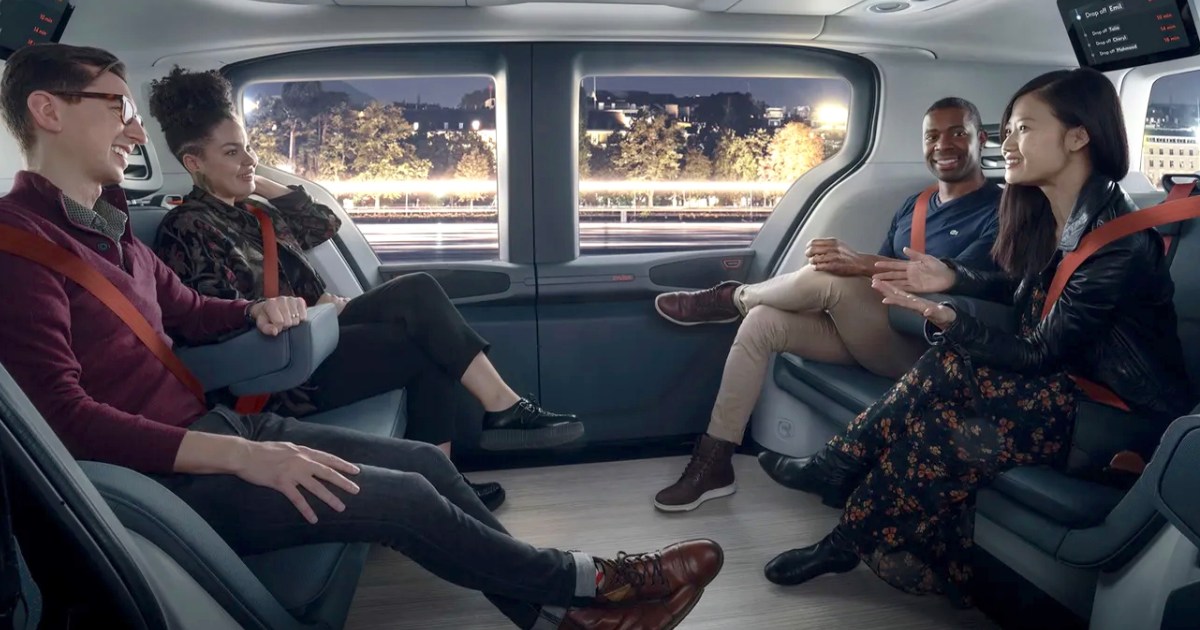Cruise, the pioneering robotaxi company, has recently announced that it is on the verge of obtaining regulatory approval for mass production of its groundbreaking driverless vehicle. CEO Kyle Vogt stated that they are “just days away” from this crucial milestone. If successful, it would facilitate the deployment of Cruise’s purpose-built autonomous vehicle, aptly named Origin, and revolutionize the transportation industry.
Unveiled in 2020, the Origin is a visionary concept that embodies our long-held dreams of a fully autonomous car. Strikingly different from conventional automobiles, it ditches the familiar elements of a steering wheel and pedals, featuring only passenger seats. Cruise envisions deploying thousands of these driverless Origins in cities across the United States, transforming them into extensive and efficient ridesharing networks.
However, the absence of manual controls poses significant regulatory challenges. Cruise must navigate a complex obstacle course, including securing an exemption from federal safety standards. CEO Kyle Vogt remains optimistic, speculating that this crucial milestone could be achieved as early as this month. Such an exemption would pave the way for the widespread implementation of this groundbreaking technology.
Yet, critics have voiced concerns about the safety and readiness of present-day robotaxi services, provided by both Cruise and rival company Waymo. They point to a series of incidents involving autonomous vehicles in San Francisco, which have raised doubts about the technology’s current capabilities. In response to a recent collision with a fire truck that injured a passenger, regulators ordered Cruise to reduce its robotaxi fleet in San Francisco by 50%. This decision came shortly after California’s Public Utilities Commission authorized Cruise and Waymo to expand their paid ridesharing services throughout the day, a significant milestone for the industry.
Kyle Vogt emphasizes the importance of overcoming resistance from those skeptical of autonomous technology. He asserts that excessive criticism and reluctance could impede the advancement of a technology that holds tremendous potential to enhance road safety.
Waymo, a major contender in the autonomous vehicle realm, has also unveiled a design akin to Cruise’s Origin. In collaboration with Chinese automaker Geely, Waymo has developed a vehicle based on the Zeekr minivan. Passengers traveling within this autonomous vehicle will experience a spacious and comfortable interior, complete with reclining seats, ample headroom, and various entertainment features. Similar to Cruise’s Origin, Waymo’s design eliminates the need for a steering wheel and pedals, cementing the notion of a future where cars drive themselves.
As Cruise inches closer to regulatory approval, the prospect of futuristic robotaxis becoming a reality looms nearer. With the potential to transform urban transportation and revolutionize the way we commute, the advent of driverless vehicles is an exciting development on the horizon.

